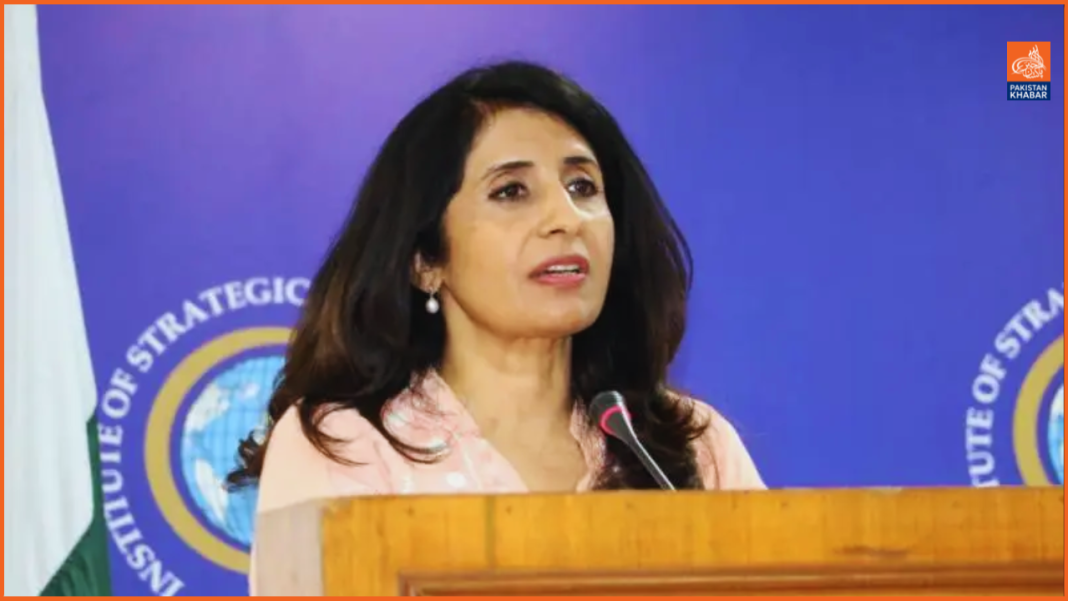Pakistan has firmly ruled out any possibility of dialogue with the Tehreek-e-Taliban Pakistan (TTP), stressing that the Afghan Interim Government must take action against the militant groups using Afghan territory to target Pakistan.
During a weekly press briefing, Foreign Office spokesperson Mumtaz Zahra Baloch reiterated Pakistan’s longstanding position against engaging with the TTP. In response to comments from an Afghan diplomat in Islamabad, she stated that Afghanistan has a duty to confront terror groups like the TTP, noting that Pakistan has provided evidence to Afghan authorities, a sentiment echoed by the international community.
Baloch also condemned recent Israeli airstrikes in Lebanon’s Bekaa Valley and Baalbek regions, which resulted in significant civilian casualties and displaced over a million people. Pakistan characterized these strikes as violations of Lebanon’s sovereignty and international law, while also denouncing Israel’s ongoing assault on Northern Gaza, particularly in Beit Lahiya, where many Palestinians have lost their lives. She highlighted the systematic dehumanization of Palestinians, including disruptions to the operations of the United Nations Relief and Works Agency for Palestine Refugees in the Near East (UNRWA), urging the global community to call for an immediate cessation of hostilities in Palestine and Lebanon, and to ensure the protection of civilians and unimpeded humanitarian aid.
On the humanitarian front, Baloch mentioned that Pakistan has recently ramped up its aid to Lebanon, sending four planes filled with essential supplies and continuing its assistance to Gaza, including tents, medicines, food items, and shelter materials in accordance with Red Cross requirements.
The spokesperson also briefed the media on Prime Minister Shehbaz Sharif’s recent diplomatic efforts, which included a visit to Saudi Arabia and an ongoing trip to Qatar aimed at enhancing trade, investment, and regional cooperation. Additionally, she noted the recent visit of Russia’s Federation Council Speaker Valentina Matvienko to Islamabad, where she met with Pakistan’s leadership and addressed the Senate.
Marking Kashmir Black Day, Baloch reported that Deputy Prime Minister and Foreign Minister Ishaq Dar sent letters to the United Nations and the Organization of Islamic Cooperation, urging the implementation of UN Security Council resolutions and raising concerns about human rights violations in Indian-occupied Jammu and Kashmir (IIOJK). Pakistan continues to provide political, diplomatic, and moral support to Kashmiris.
Regarding BRICS membership, Baloch expressed Pakistan’s interest, emphasizing a commitment to inclusive multilateralism. She also condemned extrajudicial killings of Sikhs abroad and called for international scrutiny of Indian activities.
On the topic of Dr. Aafia Siddiqui, Baloch stated that Pakistan supports her appeal for clemency under US law, recognizing the significant public interest in her case.
Finally, she reaffirmed Pakistan’s commitment to the security of Chinese nationals in the country, a priority that has been communicated to Chinese leadership at the highest levels.




